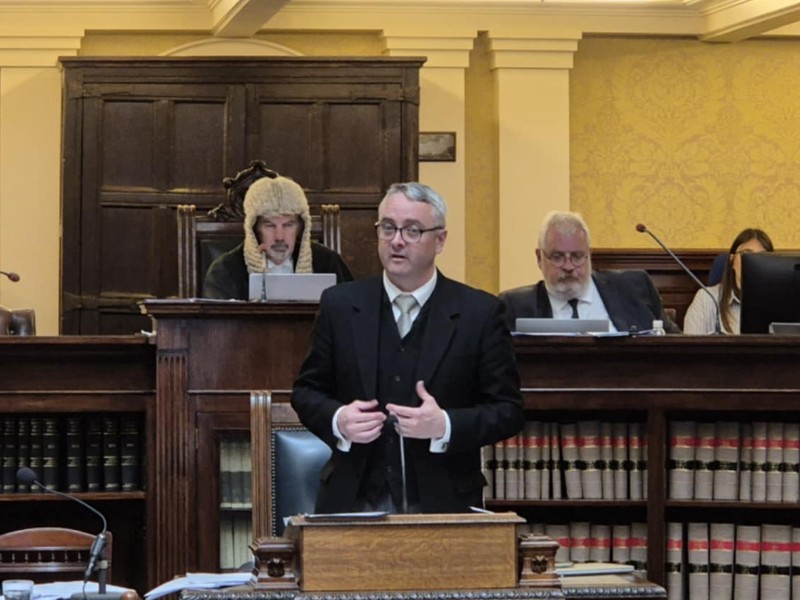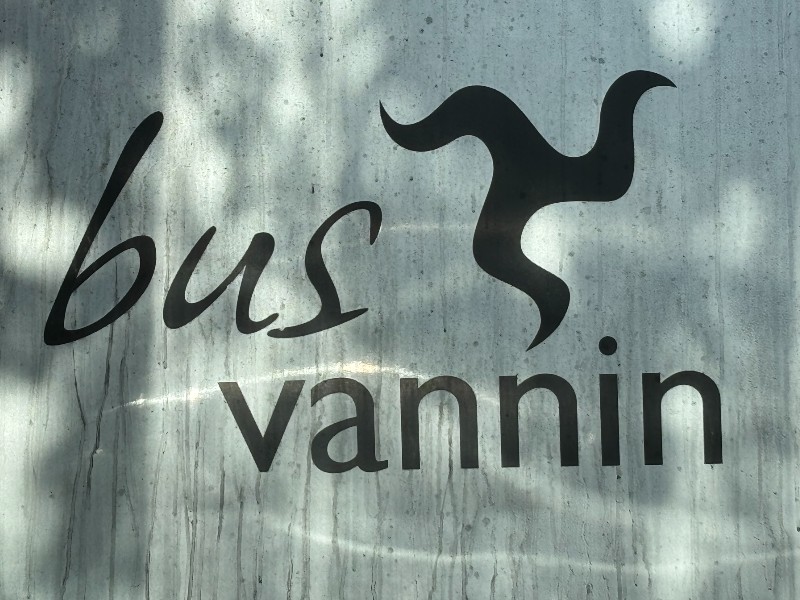
Proposals include longer clawback period and reduced grant value
Tynwald has approved a series of changes to the way outgoing Members of Tynwald receive financial support, in a move it says is aimed at ensuring fairness, legal compliance, and value for the taxpayer.
The Tynwald Management Committee has advised the Treasury to bring forward a revised Members of Tynwald (Resettlement Grant) (Amendment) Scheme 2025 for approval, proposing amendments which replace a previously drafted scheme from 2024, which failed to gain parliamentary support.
Among the key reforms are the removal of an age restriction, a reduction in the amount of grant payable, and an extension to the period during which the money can be reclaimed under certain conditions.
The proposed age changes follow a decision by the Isle of Man’s Equality and Employment Tribunal, which found the existing age-based eligibility criteria to be discriminatory. Under the current scheme, Tynwald members over the age of 60 are ineligible to receive the resettlement grant. This requirement would be removed entirely under the new proposals.
Previously, Members of the House of Keys who held departmental roles received a 30 percent salary uplift in recognition of their additional responsibilities. However, this system was later reformed so that the 30 percent uplift was incorporated into the base salary of all MHKs, regardless of whether they held a departmental position.
As a result, the resettlement grant – which is based on basic salary – is now calculated from a higher baseline than it would have been in the past, prompting concerns that the amount paid was exceeding original amounts.
The Committee acknowledged that modern pension arrangements, including the Government Unified Scheme, no longer assume a standard pensionable age, and that former politicians may wish or need to return to employment regardless of their age.
Another major change would see the value of the resettlement grant reduced from one-half to one-third of a Member’s basic annual salary. This would apply only to those elected or re-elected after 1 July 2021, with transitional arrangements preserving the higher grant for earlier entrants to Tynwald.
The adjustment reflects recommendations made by the Emoluments Committee in 2022, which were previously endorsed by Tynwald.
The Committee is also calling for an extension to the "clawback" period – the timeframe during which some or all of the grant must be repaid if the former Member is re-elected or begins drawing their government pension.
That period is currently set at six months, but the Committee has proposed extending it to either 12 or 18 months, something Chief Minister Alfred Cannan disagrees with.
Examples included in the paper show that extending the clawback period would reduce the financial incentive for Members to defer their pension solely to retain a larger portion of the grant, especially for those nearing retirement age.
The report notes that while a longer clawback period strengthens safeguards for the public purse, it could also disadvantage Members who genuinely seek employment after leaving Tynwald but later decide to draw their pension.
Despite this, the Committee argues that the revised policy strikes a fair balance between individual rights and the broader economic and social policy objectives of government – such as encouraging return to work and avoiding double-dipping into public funds.


 Any potential disruptions to bus services 'will be communicated in a timely manner'
Any potential disruptions to bus services 'will be communicated in a timely manner'
 Unite the Union confirms Bus Vannin drivers have voted for industrial action
Unite the Union confirms Bus Vannin drivers have voted for industrial action
 Promenade parking to close this afternoon
Promenade parking to close this afternoon
 DOI committed to having conversations with bus drivers via union, says minister
DOI committed to having conversations with bus drivers via union, says minister